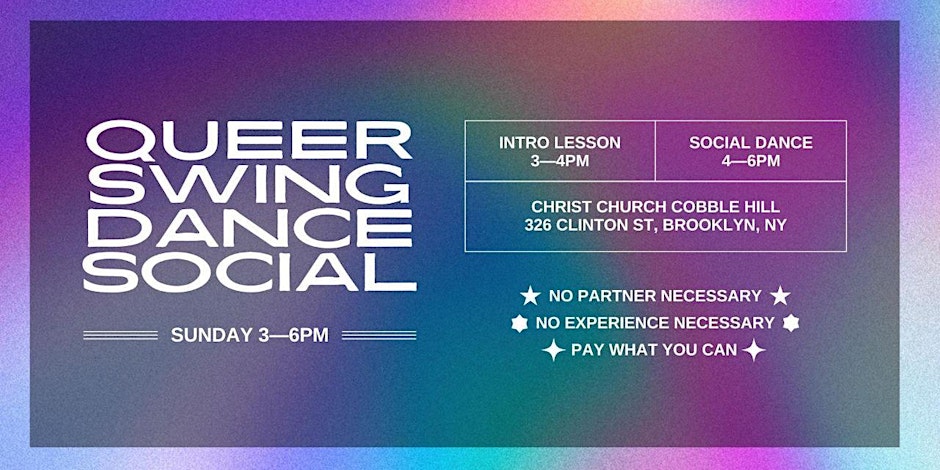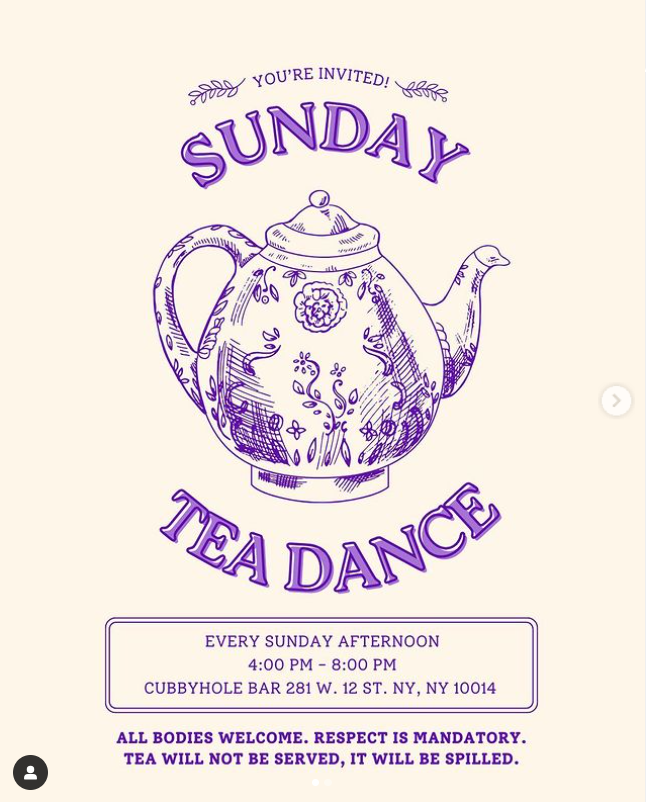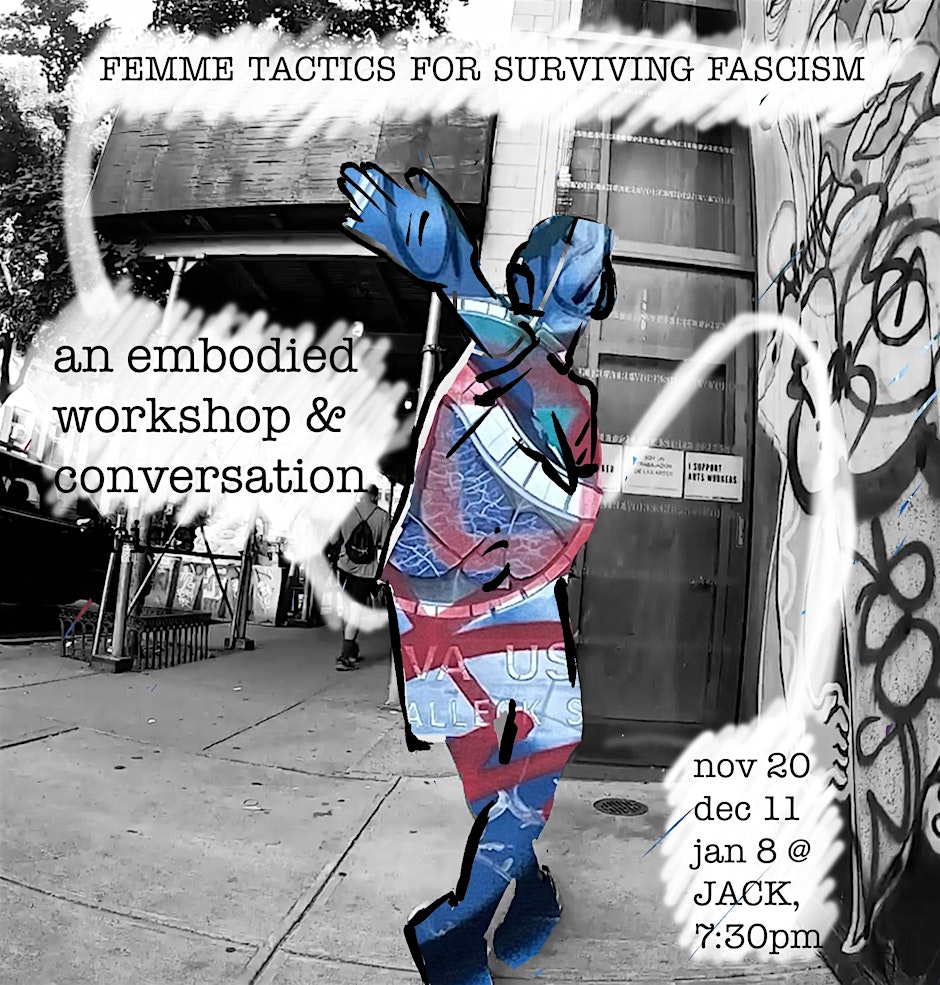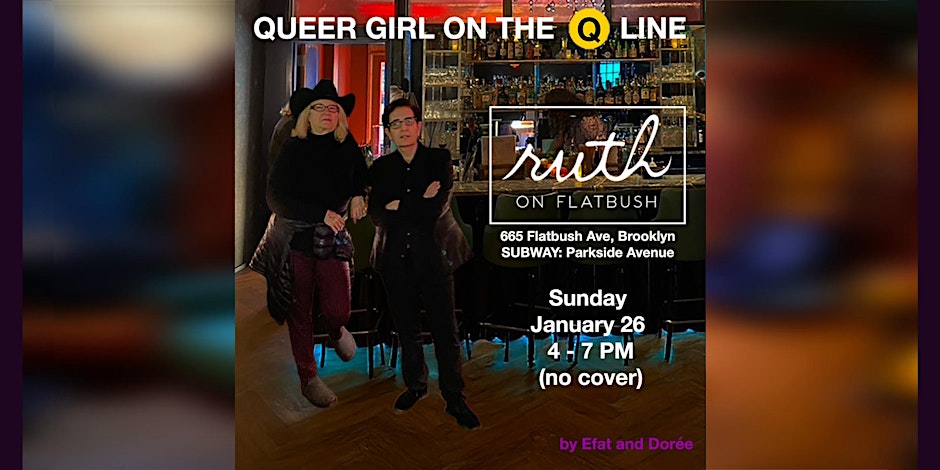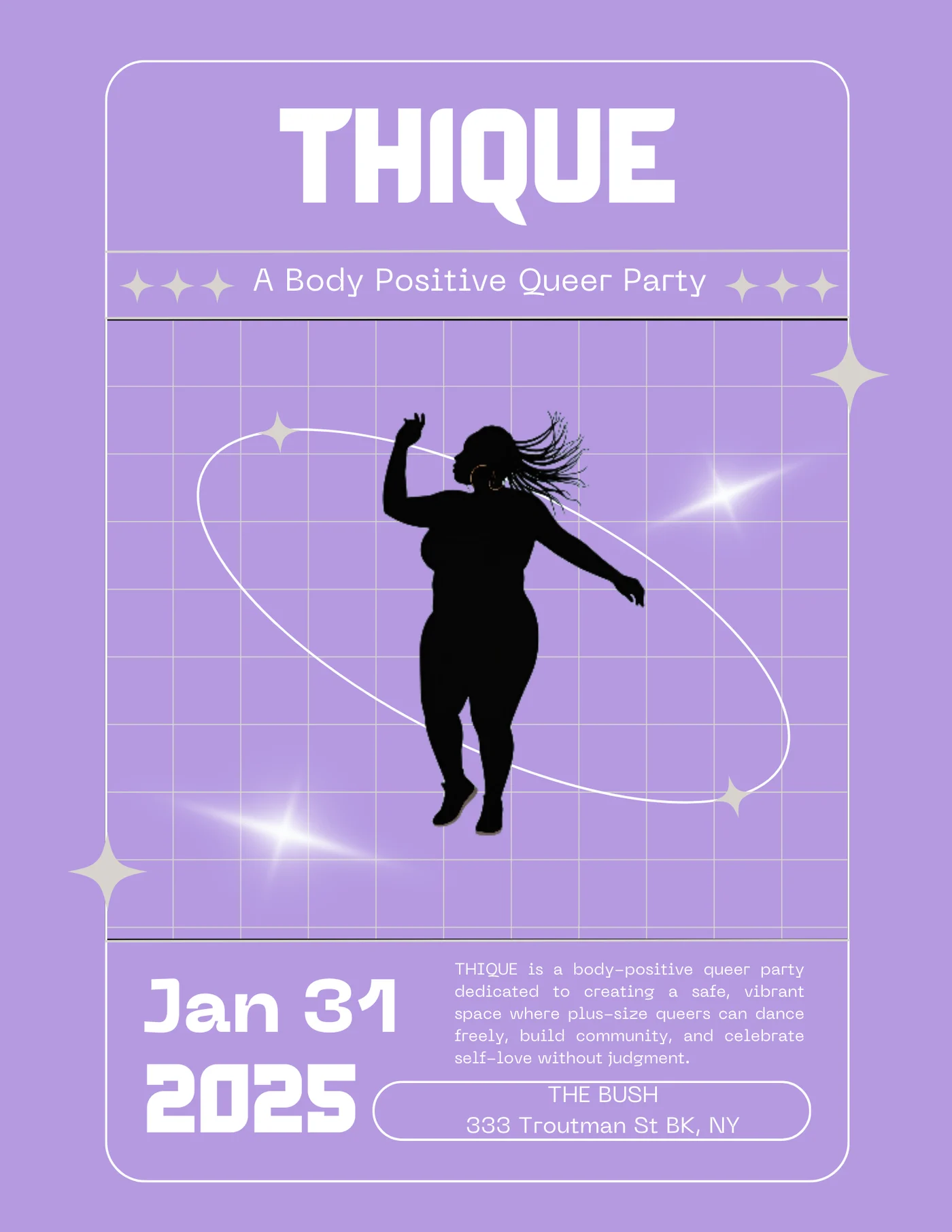Dear Yetta:
My partner and I were married in Massachusetts a while back and have since broken up. We never got a divorce because I didn’t think same sex marriage was recognized in New York, where we live. However, I just found out my partner wants to sue for divorce and last week someone came to my apartment and handed me a bunch of papers and said, “You’ve been served.” It seemed very invasive and I wonder if my ex is just being mean-spirited. Is this necessary? Can’t we just sign something through the mail that says we aren’t together anymore?
-Married but Single
Dear Married,
Welcome to the blissful realities through which our heterosexual counterparts have been suffering for years.
First, the good news: Massachusetts marriages, or any marriages between same-sex couples that were entered into in a jurisdiction that allows same-sex marriage, are recognized and valid in New York State.
The bad news is that in a post-marital lesbian relationship, the old way of splitting up—dividing our Georgia O’Keefe prints, Tracy Chapman albums and co-mingled wardrobes then spending a week sleeping on our BFF’s couch to “process”—is no longer an effective procedural process for the dissolution of our relationships.
Your ex is doing the right thing, even though it doesn’t feel “normal” to many of us. Welcome to the term affectionately referred to by the judicial system as “service of process.”
The Courts must ensure that the person being sued is actually aware of the lawsuit, has received a copy of the papers filed with the court and has been given the opportunity to defend against the action. Under New York State law, the most effective way to ensure that this occurs is to have a process server physically hand-deliver the papers to the individual named in the lawsuit.
If you have been served with papers, do not ignore them. Ignoring court documents can cause the case to proceed against you without your input, defense or explanation.
Good luck.
Email questions to to kurland@kurlandassociates.com or call 212-253-6911
*This column is not a consultation with an attorney and should in no way be construed as such or as a substitute for such consultation. Anyone with legal issues or concerns should seek the advice of her own attorney.





























